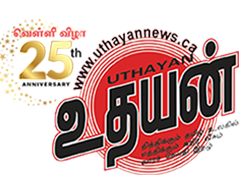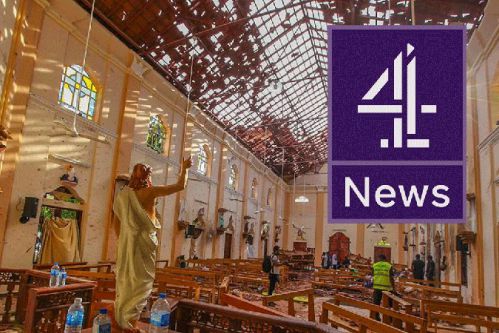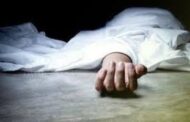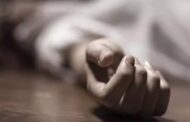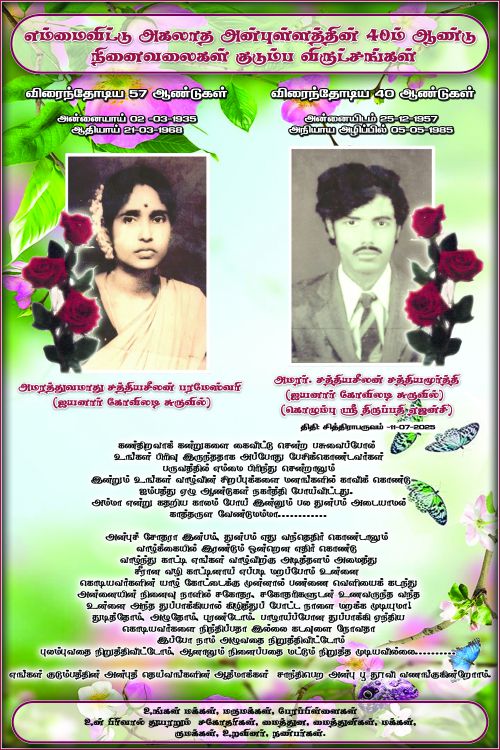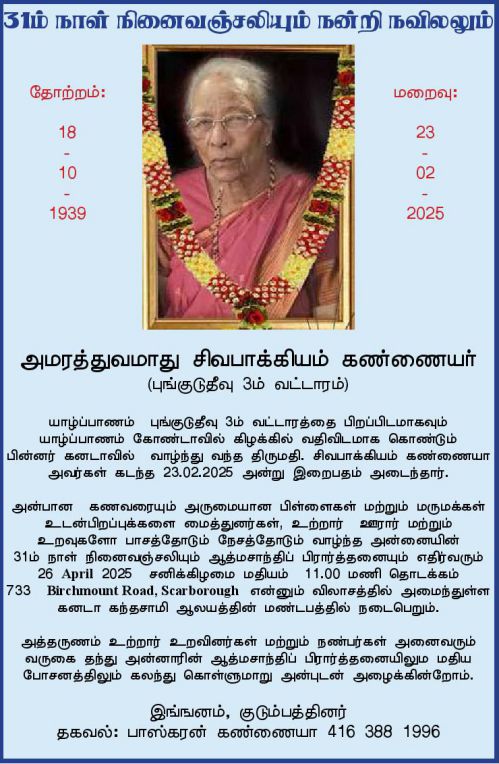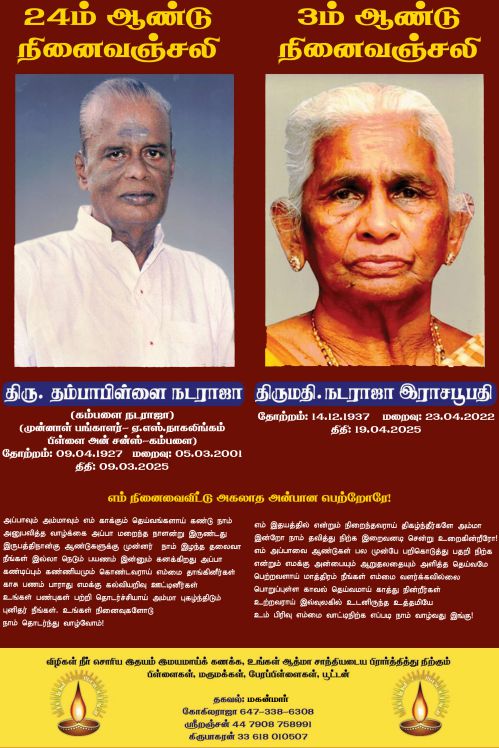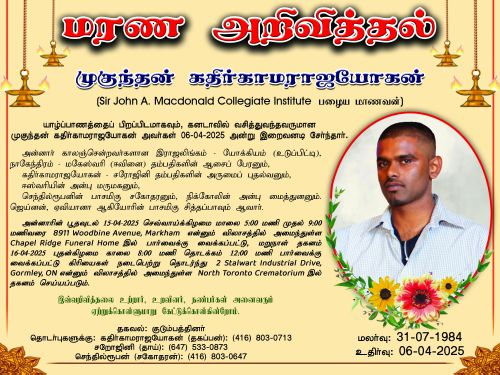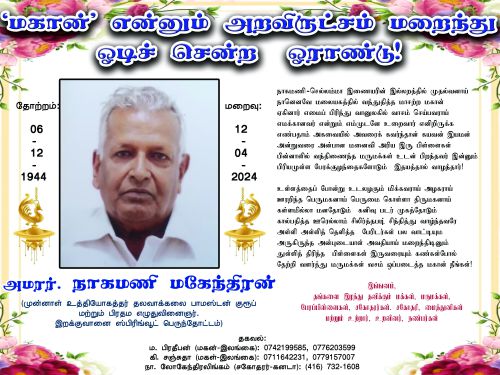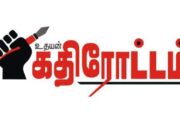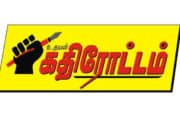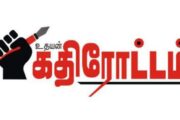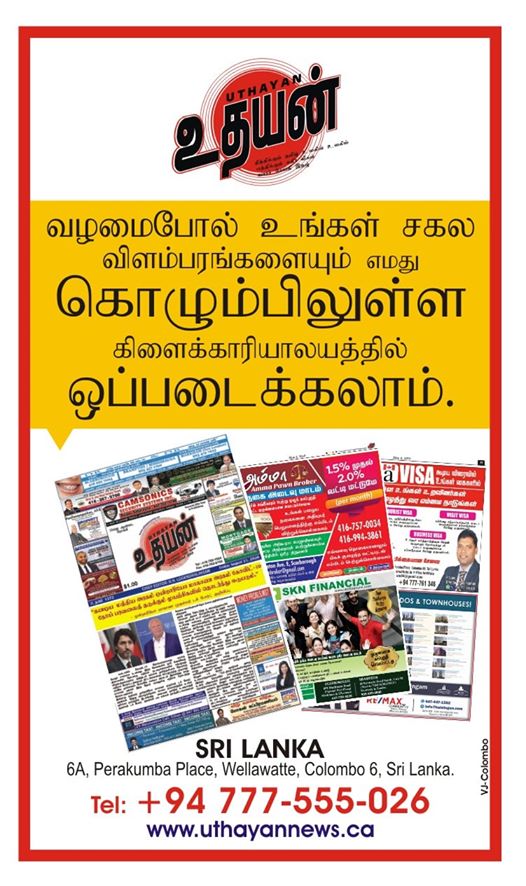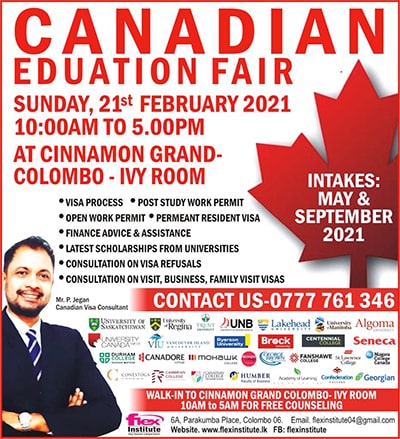Siva Parameswaran
Contradicting views have emerged from the Government of Sri Lanka (GOSL) after a documentary with shocking details on the Easter Sunday massacre in 2019 was released by the UK based Channel 4 on Tuesday (5) night.
While Labour minister Manusha Nanayakkara claimed in Parliament the cabinet discussed about the documentary and to brief about a select committee on the attacks. “if there is a need to have an international investigation, yesterday the Cabinet of Ministers discussed that request as well” he said.
However, cabinet spokesperson and minister for transport, highways and mass media says otherwise. Briefing the media after the cabinet meeting he said no such thing was discussed.
“No, the cabinet did not discuss this yesterday. But an MP raised this issue in parliament,” said Bandula Gunawardena.
State Minister of Defence Premitha Bandara Tennakoon told parliament that the president plans to ‘appoint a committee’.
However, they voiced one allegation in unison. That Channel 4 ‘habitually releases videos on the eve of the UN Human Rights Commission sessions in Geneva’.
Meanwhile, calling for international probe on the disclosure made by Channel 4 in its documentary series Dispatches, leader of the opposition Sajith Premadasa exclaimed that the country should be ashamed of international media calling for an international probe.
“The Sri Lankan government should be ashamed that a disclosure has been made by foreign media on the Easter Sunday attacks. The government should have come up with a disclosure instead. Accordingly, an international-level probe on the Channel 4 disclosure is a must,” Premadasa said.
The Catholic church too has demanded a independent international investigation while expressing their apprehension about any internal probe. Archbishop of Colombo Cardinal Malcom Ranjith in a media release after the broadcast of the documentary says “no tangible and credible results might emerge from yet another such Parliamentary select committee if it is only a matter of producing a report”.
He has demanded the investigation should take place through an independent investigation team.
“The holding of a free, impartial, just, transparent and broad based investigation into what the Channel 4 revealed in its programme, the alleged plot behind that tragedy and all the facts and a study of the persons mentioned in that programme especially with regard to their role in this mass murder”.
Cardinal Ranjith has also appealed to police and intel officials to share evidence with any probe.
Apart from the internal contradictions within the GOSL and the demand for an independent international investigation, the documentary has created ripples within and outside Sri Lanka.
Channel 4 Sri Lanka’s Easter Bombings in its investigative documentary series ‘Dispatches’ claims the deadly attacks were carried out by an extremist Islamist group-National Towheed Jamaa’t (NTJ) in order to bring Gotabaya to power. The documentary relies on the testimony of Hasneer Asad Maulana who claims to be the former spokesman for the LTTE breakaway paramilitary group TMVP.
“I knew the truth, who are the culprits, whose men organized it, whose order” Asad Maulana said in the documentary.
The documentary further says, there is evidence to show the entire attack was planned under orders from Gotabaya Rajapaksa through Director of State Intelligence Service Tuan Suresh Sallay.
Taking to social media, Executive Producer Ben de Pear asks, “were 269 people slaughtered in order to bring a family dynasty back to power ?”
However, Major General Sallay has denied the allegations.
Channel 4 documentary claims their whistle blower Asad Maulana and his boss Pillayan- Sivanesathurai Chandrakanthan, now a junior minister in the Sri Lankan government-were at a meeting with Gotabaya Rajapaksa where he asked them to form a paramilitary death squad called ‘Tripoli platoon’.
“The Tripoli platoon was working under the direct command of Gotabaya” Asad Maulana told in his testimony on camera in documentary.
Claiming further, the documentary claims that Pillayan while in prison on murder charges, called Asad Maulana and directed him to meet some Muslim extremists in the prison along with him, where he allegedly met Zainee Moulavi, brother of Zahran the prime accused suicide bomber in the Easter bombings. He subsequently organized their release from the prison according to the documentary.
Maulana in the documentary claims, “In January 2018, Pillayan told me, you organize a meeting between Suresh Sallay and these people”. It adds Maulana told UN investigators that on Pillayan’s request he arranged a meeting between Suresh Sally and the men he has helped free from the prison. As such he organized the meeting at a place called Karadipuval and he gave information to the group to come to that place. “That’s why I knew everything”. Zainee Moulavee came to that meeting along with his brother Zahran and four others according to the testimony to Asad Maulana. “ I introduced them to Sallay”.
Maulana told UN investigators the meeting lasted three hours and he was asked to wait outside the documentary says.
“The meeting finished and Suresh Sallay told me the Rajapaksas needed an unsafe situation in Sri Lanka. That’s the only way for Gotabaya to become president. This is the meeting between them, the terrorist group and Suresh Sallay”.
An unidentified high ranking government official told the programme “Gotabaya Rajapaksa controlled Suresh Sally. That’s why he could climb the ranks so easily. He is to blame for a lot of Sri Lanka’s problems”.
“The CID would have definitely found out that the NTJ was involved in this” an unnamed and unidentified officer told the Channel 4 documentary.
Gotabaya Rajapaksa as president never released the report of the Presidential commission of inquiry into the Easter bombings. But Channel 4 claiming to have seen the report says the lead bomber was known to the intelligence services for years before the attack.
Nishantha Silva a former top Criminal Investigation Department (CID) officer too has spoken in the programme. He was investigating several cases of human rights violations in the south during the Rajapaksa rule and has now left the country due to “fear of death” for summoning Gotabaya Rajapaksa to the Criminal Investigation Department in connection with the murder of Lasantha Wickremetunge, editor of the Sunday Leader.
The London based Guardian newspaper in its review of the documentary has described the accusations as startling.
“Sri Lanka’s Easter Bombings, a new Dispatches investigation, makes serious new allegations about the attacks, based on whistle blower testimony. While the accusations are startling, they are straightforward: the charge is that allies of the Rajapaksa’s had associations with the NTJ, and that they made it hard for law enforcement to arrest its leaders prior to the bombings or to fully investigate the massacre afterwards”.
The executive producer of the latest documentary on Sri Lanka, Ben de Pear was Editor of Channel 4 News when it broadcast Callum Macrae’s No Fire Zone: Killing Fields in Sri Lanka containing chilling allegations of human rights violations against Tamils in the final stages of the war in 2009.
A UN probe found the findings in the 2011 film to be credible.
In 2015, Sri Lanka government appointed Justice Paranagama commission found there was evidence to suggest that footage obtained by the Channel 4 documentary No Fire Zone – showing prisoners naked, blindfolded, with arms tied and shot dead by soldiers – was genuine.
Both Gotabaya Rajapaksa and Pillayan have denied any wrongdoing and the allegations against them. Rajapaksa in his statement released Thursday (7) evening said it’s an anti-Rajapaksa tirade aimed at blackening the Rajapaksa legacy from 2005 onwards. In his denial at a speech in Parliament Pillayan said the allegations are untrue and Hanseer Asad Maulana has said such things for his political asylum and any investigation relating to this allegations in the documentary should also inquire him.
